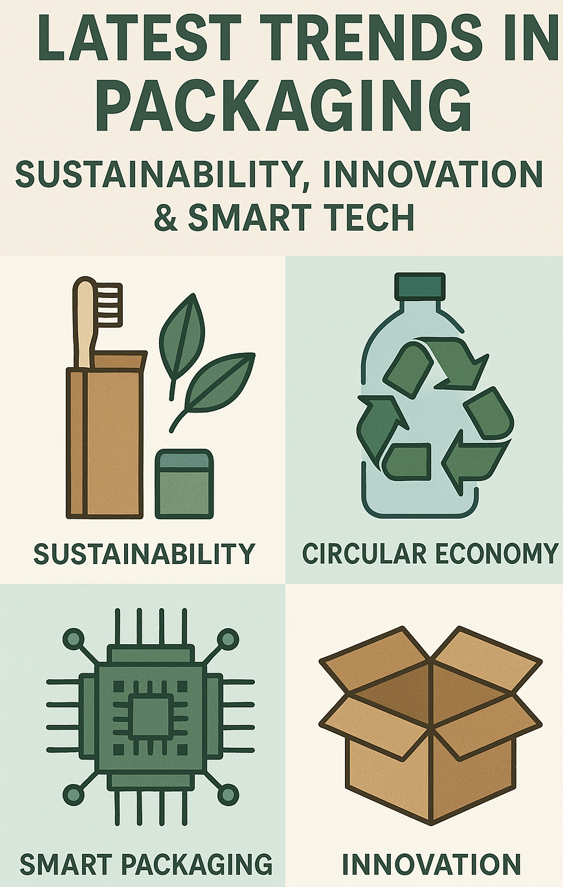As an e-commerce business, packaging is a key component of the customer journey. Ridestore’s mantra is to always exceed the customer’s expectation, and so this led to a collaboration with Billerud on a sustainability mission. Considering the inconsistent availability of plastic recycling in Ridestore’s markets, removing plastics sent to the customer was the goal, as well as to reduce the overall packaging material. Could this be achieved while also reducing emissions and improving the unboxing experience?
Three collaborators in a drive for change
As a partner, Billerud has extensive knowledge and experience. In the Ridestore project, we helped connecting the dots: we knew the right converting partner, and we had the right knowledge about the pros and cons of different solutions. We also contributed with a third-party LCA and a strong sustainability profile. It was a complicated process taking into account bag design, printing solution and logistics as one interconnected operation to achieve maximum productivity. All three companies were deeply involved in getting it right. A shift from plastic to paper is a big thing for any brand owner so Ridestore had to think through the whole packaging process and work actively for a change that performed well in every aspect. In this process, Tingstad played an important role because of their great experience in the e-com industry. They knew exactly what solutions were possible, not only for sustainability, but for creating packaging that works with high runability. Together with Jonsac, an experienced converter and part of Tingstad Group, the products were developed successfully.
Reducing plastic littering and landfill
For Ridestore, acting responsibly and minimizing plastic littering and landfill was paramount in the process. But an LCA, carried out by the reputable Swedish RISE Institute, reinforced their conviction that a switch to paper packaging would be the best solution. The third party LCA added trustworthy CO2 calculations covering the whole product life cycle and showed that you can fight climate change with paper bags, and that bags made of brown or white Xpression E-com paper have a lower CO2 footprint than a standard solution plastic bag.
The reward: happy customers
After the launch of the new packaging, numerous unboxing videos were recorded and sent by happy customers on social media. And Ridestore’s chatbox was filled with positive comments. Ridestore not only changed the outer e-com bag from plastic to paper. They also wanted to minimize total packaging. So, instead of a polybag around each item and a separate thank you note, the clothes were wrapped in a paper sleeve with the thank you note printed on it. Any plastic is removed and recycled before the order is sent to the customer.
Less is more for consumers
Today, consumers believe less is more when it comes to ecommerce packaging. Sustainable packaging is seen as premium. Two in three online shoppers cite eco-friendly packaging as the environmental factor most likely to make them shop with a brand. Sustainability was extra important for some groups, including those aged 30-44 years, female shoppers, and clothing as a sector.
THE SOLUTION
This is what Ridestore decided to go for:
- E-commerce bags in Billerud’s unbleached virgin fiber paper in three sizes, adapted to Ridestore’s sizes and order compositions. Next season they will use to two sizes.
- Five new ways of folding the clothes to keep their structure without a bag.
- A paper sleeve around every piece of clothing to keep it neatly folded but also communicating with printed messages and EAN-code.
- Plastic bags are only used in the warehouse, and reused many times before they are recycled.
Deep technical understanding
The technical development of the paper sleeves, and an e-commerce bag made of paper, was done in cooperation with Tingstad and Jonsac. They had a deep understanding of the technical functions available on current machines as well as the existing production of Ridestore’s e commerce bags (with paper from Billerud). The result was a completely new product for the market – a paper sleeve with minimal CO2 impact that became a success.







